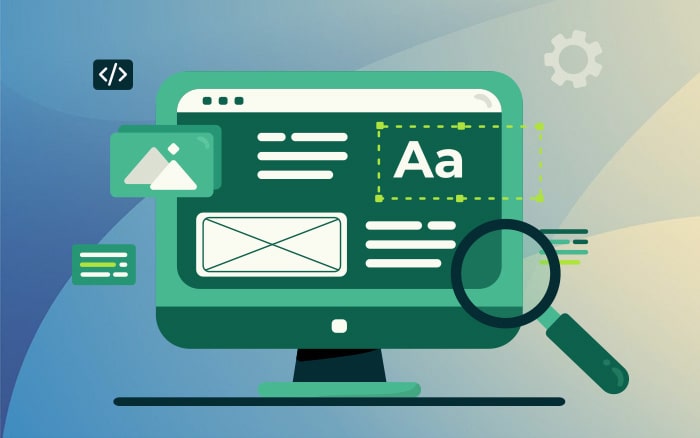Never worry about your website again with Commexis.

In an era where digital presence is integral to business success, website security has become more important than ever.
As we move through 2024, the sophistication of website hacking techniques continues to grow, posing significant threats to online businesses. This blog post aims to navigate you through these threats and outline the best practices for maintaining robust website security.
Understanding Website Hacking:
Website hacking involves unauthorized access to or manipulation of websites, often leading to data breaches, service disruptions, or other harmful consequences. Common types of attacks include SQL injection, cross-site scripting, and DDoS attacks. The impact of such attacks can be devastating, ranging from loss of sensitive data to severe reputational damage.
The Evolving Landscape of Online Threats:
Cyber threats are constantly evolving, with hackers continually finding new ways to exploit vulnerabilities. In 2024, we see an increase in targeted ransomware attacks, sophisticated phishing schemes, and exploitation of IoT devices. Staying informed about these threats is the first step in defending against them.
Best Practices for Website Security
To protect your website, start with the basics:
- Regularly update all software, including your CMS, plugins, and themes.
- Use strong, unique passwords and change them periodically.
- Implement SSL encryption to secure data transmission.
- Regularly back up your website to prevent data loss in case of an attack.
Advanced Security Measures
For enhanced protection, consider the following advanced measures:
- Use a web application firewall (WAF) to monitor and filter incoming traffic.
- Conduct regular security audits to identify and fix vulnerabilities.
- Educate your team about cybersecurity best practices to prevent human errors.
- Consider hiring cybersecurity professionals for continuous monitoring and threat detection.
Navigating website hacking threats requires a proactive approach to security.
By understanding the risks, staying informed about the latest threats, and implementing both basic and advanced security measures, you can significantly reduce the likelihood of a successful attack. Remember, website security is an ongoing process that demands vigilance and adaptation to new challenges.



